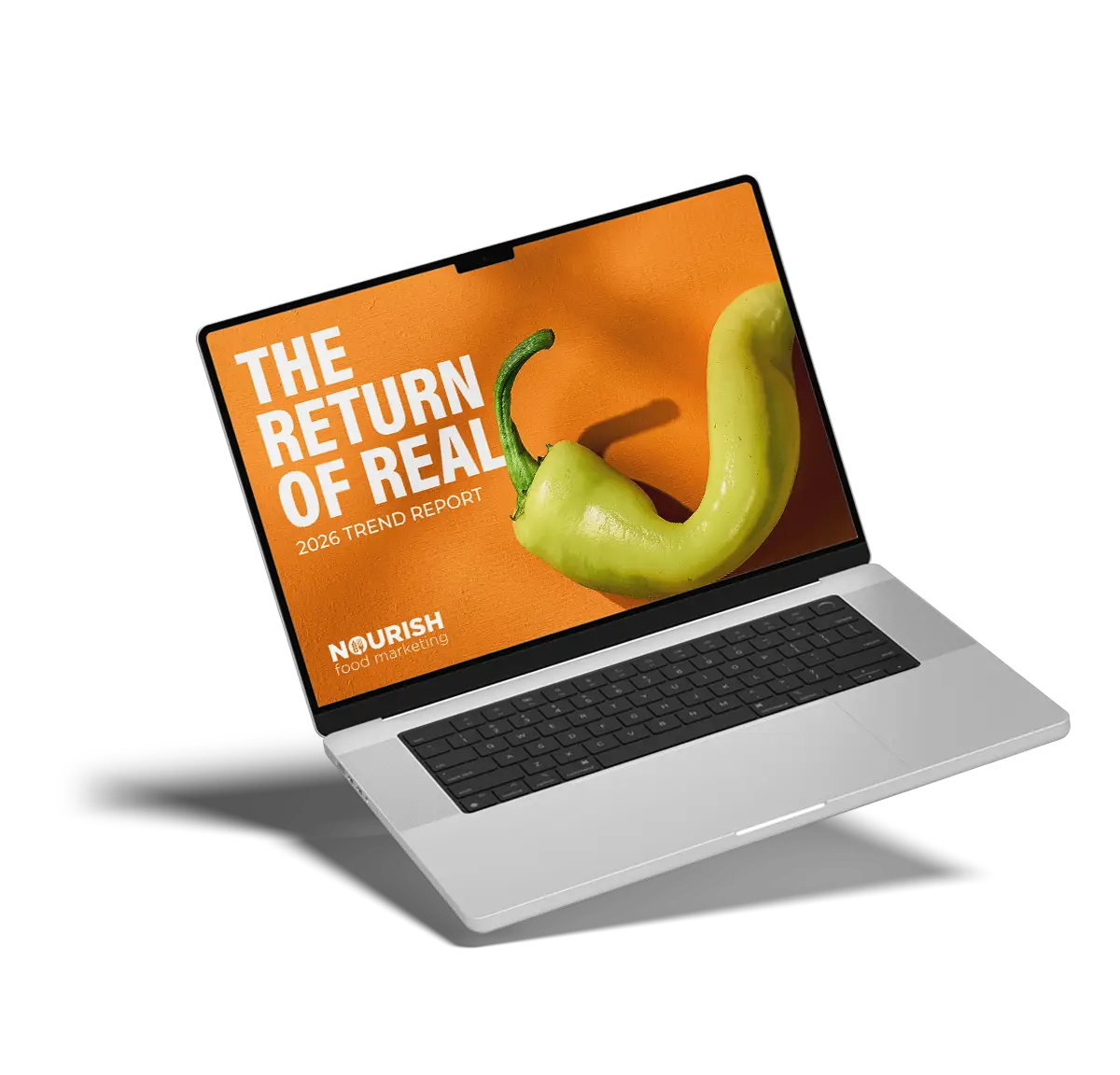I recently participated in a lively Food in Canada webinar titled "The Ozempic Effect." Our Nourish 2024 Trend Report (released in November 2023) warned about a drop in calories consumed, as well as the type of calories consumed, as a result of Ozempic-type appetite-suppressing medications. This category of drugs is growing in popularity due to record-high obesity rates in North America, providing a sizable demand for this type of product. Approximately 64% of Canadian adults are overweight or obese, according to 2022 data from Statistics Canada.
While it's too early to clearly understand the long-term impact on consumption for people who use these drugs, it's essential to do some scenario planning. The GLP-1 class of drugs signals a mind-shift in how society thinks about obesity—it is now seen as a chronic medical condition to be cured. The price and form of these drugs will decrease as more companies supply them, increasing access for the masses. Many of us have been in the food business long enough to recall companies calling gluten-free “a fad” 15 years ago, and now it's mainstream. Could we be looking at the same phenomenon here?
The Oprah Effect meets the Ozempic Effect
Oprah Winfrey, who joined the WW (rebranded from Weight Watchers) board and acquired a significant stake in 2015, announced she was leaving the executive position in May and donating her shares. That move sent WW shares down by as much as 25% and resulted in the shedding of over US$70 million of market value. Clearly, the Oprah Effect is still going strong. The media legend openly uses these weight loss drugs and is working to destigmatize them, ending her famous yo-yo dieting—"I now use it as I feel I need it, as a tool to manage not yo-yo-ing." So, are they really "forever meds?" Could consumers use them to change habits and only occasionally take them thereafter as needed? If so, that would suggest an opportunity for food products that support consumers as they cycle through these drugs.
GLP-1 drugs replicate a natural phenomenon in our bodies—our gut secretes incretin, a group of hormones that control appetite and metabolism. People on them might buy less food, particularly high-calorie snacks and fast food, as they prioritize healthier calories. It could also benefit specific parts of the industry, including sellers of more nutritious foods, as consumers prioritize the quality of ingredients over quantity. Food companies selling products high in calories, sugar, or carbohydrates could be most at risk.
Getting more value out of less food
Users will look for food with additional functions, especially as they try to preserve muscle mass while losing weight. Highlighting nutritional information like protein, fibre, and other nutrients will be important for F&B businesses. Frozen food, in particular, has a big opportunity with portion-controlled meals. And space will exist for tiny treats to make food joyful for these consumers. Don’t forget, even if only one member of a family or friend group uses this drug, some of the behaviour rubs off on the rest. Anyone who’s lived with someone dieting knows that’s true!
Did you know there is a plant-based food and GLP-1 connection? While Ozempic and Co. do the job, for people who don't want to take drugs, GLP-1 boosting foods are going to boom. And guess what those foods are? Fibre-rich plants, including whole grains, nuts, seeds, and legumes—they all help with GLP-1 secretion, eliminating cravings. Why aren't plant-based protein brands taking advantage of this knowledge?
The consumer demand is there. (When hasn’t there been a demand for “easy” weight-loss solutions?) And the proven technology is there and becoming more accessible all the time. Will GLP-1-friendly foods be the new Keto-Friendly? If you misread the signs last time, you can't afford a repeat. For help with scenario-planning and future-proofing your food business, get in touch with me!
